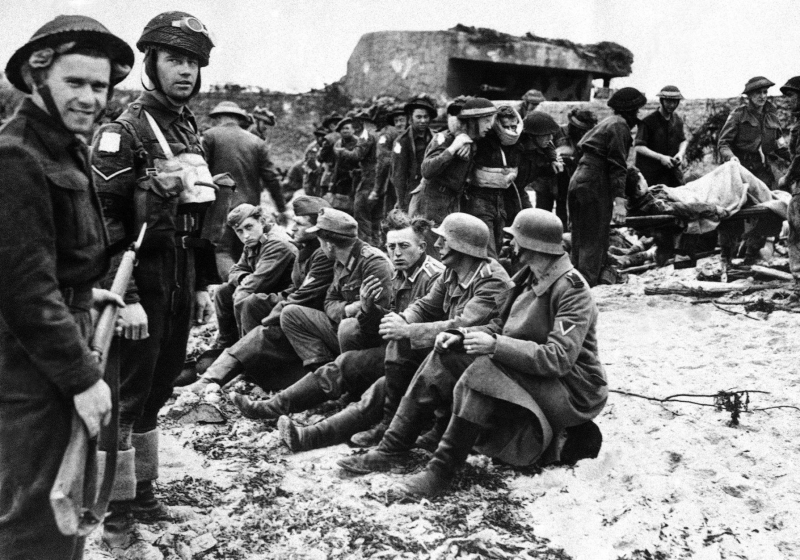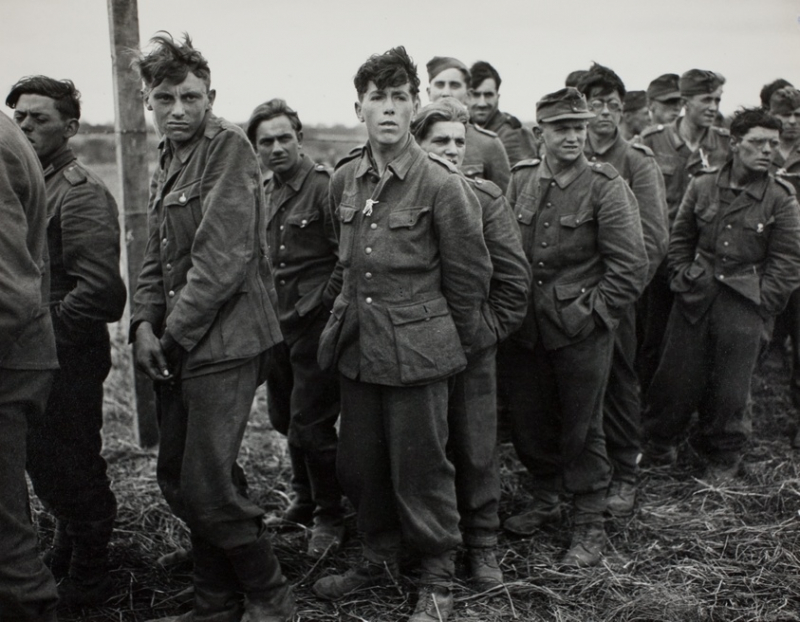Weak weather forecasting left the Germans wide open for D-Day

The onslaught on Omaha Beach on D-Day, which changed the course of World War II and led to an Allied Forces triumph, was successful for a variety of reasons. Deliberate deception undoubtedly had a significant effect, but one of the most crucial elements that contributed to the attack's success was the German forces' poor ability to predict the weather.
Of fact, the German army was aware that the Allies were preparing a significant offensive; they had even identified and fortified the most likely locations for the launch of such an onslaught. As a result, the D-Day assault had a very little window of opportunity and a very specific set of circumstances under which it might occur.
The Luftwaffe meteorologists' older technology and interpretation led them to believe that the conditions wouldn't be safe for the Allies until the middle of June, whereas American and British forces agreed that the bad weather, which would be disastrous to the ships and soldiers, would clear up in time.
German meteorologists made this error, which led to the Normandy coast being inadequately protected, Rommel not being where he needed to be at the right time, and the Allies turning the tide of the European theatre of World War II. The Germans might have been better prepared and D-Day would not have been as successful if they had access to the same information that the Allies did.
- Year: June 3, 1944











